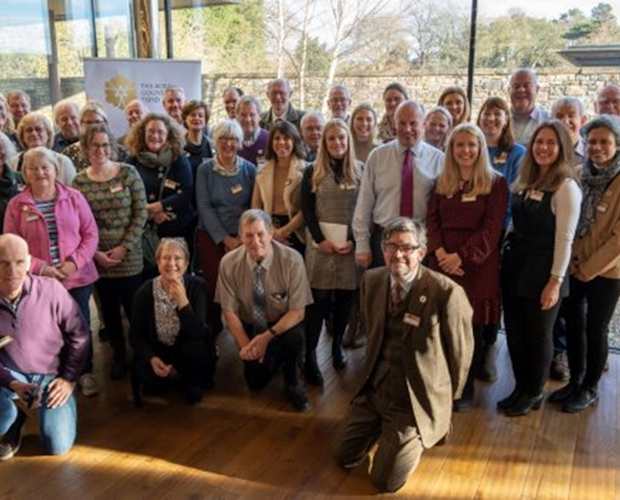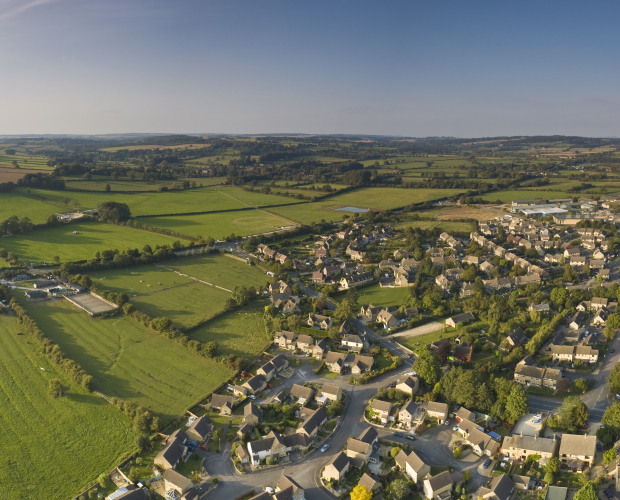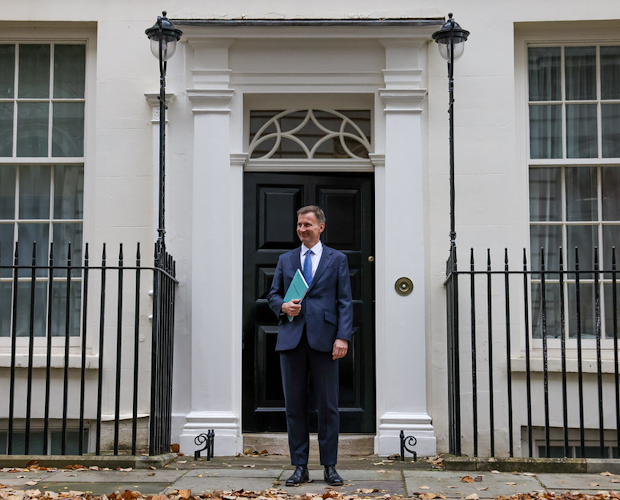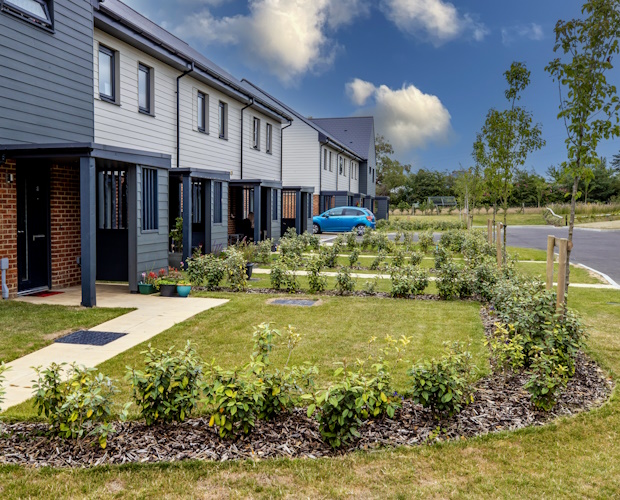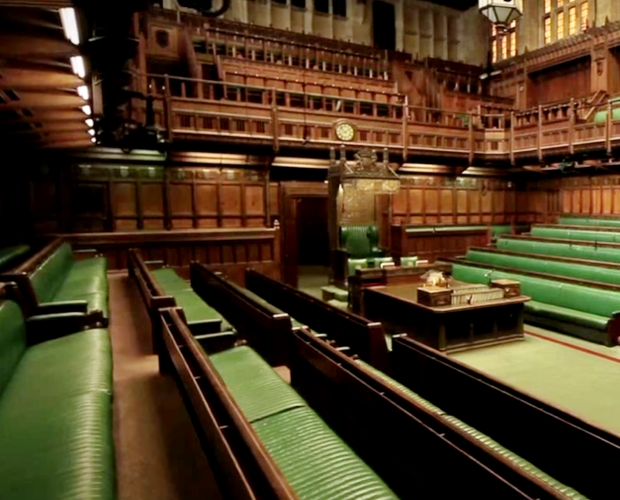T: 01822 851370 E: [email protected]
Future of Rural Areas
In an era where digital communication has significantly reduced the volume of letters, yet the demand for parcel delivery continues to soar, Ofcom has initiated a discussion on the future of the United Kingdom's universal postal service. Recognising the changing...
Sparse Rural represents rural local authorities and is campaigning for Fairer Funding for Rural Areas. Rural Areas are currently unfairly underfunded in the Local Government Finance Settlement. The latest Local Government Finance Statement was published on...
The Royal Countryside Fund brought together community projects from across the UK for the inaugural Confident Rural Communities conference Image: Rural communities gathered in Skipton (credit - Lucy Saggers) At a unique event focused...
The challenges facing rural areas have been repeatedly debated in Parliament this week. Alongside Chris Loder MP’s debate on funding for rural councils ( read what happened here ), Sarah Dyke MP (Somerton & Frome, Lib Dem) used her first...
Last week, the government’s Countryside and Rights of Way Act 2000 was heavily criticised in the House of Lords. Baroness Hayman of Ullock submitted a motion calling on the government to address the failing of the Act and criticised the...
It’s been nearly a week since the Chancellor delivered his Autumn Statement and RSN Chief Executive Kerry Booth and her team have been digesting what it means for rural communities and the organisations that serve them. There were...
In last week’s Bulletin, I reflected on what rural communities needed to hear in the King’s Speech. I had hoped that we would see the following principles applied through the provisions set out: An approach that considers the...
The government’s rural housing enabler scheme took another step forward last week as the first round of funding was awarded. The first payments were given to local partners in Cambridgeshire and Northumberland as part of a £2.5m package to...
Kerry Booth, Chief Executive of the Rural Services Network reflects on the King's Speech, due to take place today. This is the first King's Speech since King Charles became monarch. It marks the start of the Parliamentary year and...
The government’s Levelling Up & Regeneration Bill returned to the House of Commons last week with the Lords’ amendments. These included Lords Amendment 6, proposed by Lord Foster of Bath: “Rural proofing report: Alongside the first statement of...
NEWSLETTER
Sign up to receive all our latest news and updates.
HOT TOPICS
Amid reduced public spending, fair resource allocation across regions is crucial. Despite a population larger than Greater London, rural areas receive significantly less funding for essential services, even though delivering these services in rural areas is more expensive.
Economic growth is widely acknowledged as essential for national wealth and prosperity and is a priority for political parties. Rural economies, employing millions and home to a higher proportion of small businesses, have potential for growth if barriers are removed.
Rural residents face distinct healthcare challenges, including limited access to transport, longer distances to medical facilities, an aging demographic, housing inadequacies, digital connectivity gaps, and difficulties recruiting health and care workers.
Rural communities are grappling with a severe affordable housing crisis, marked by high house prices, a lack of affordable housing, elevated living costs, and lower incomes, threatening their sustainability and vitality.
Transport is vital for the quality of life and economic health of rural areas, yet it faces challenges such as infrequent public bus services and less Government funding compared to urban regions.
Rural areas, encompassing a substantial portion of England's population and land, play a pivotal role in combating climate change and achieving the net zero target.
In an increasingly digital world, the lack of robust digital infrastructure in rural areas severely limits access to crucial services and stifles economic growth.
A future-focused vision for rural communities involves not just building the right homes in the right places but also ensuring thriving, sustainable communities.
SIGN UP TO OUR NEWSLETTER
Sign up to our newsletter to receive all the latest news and updates.



